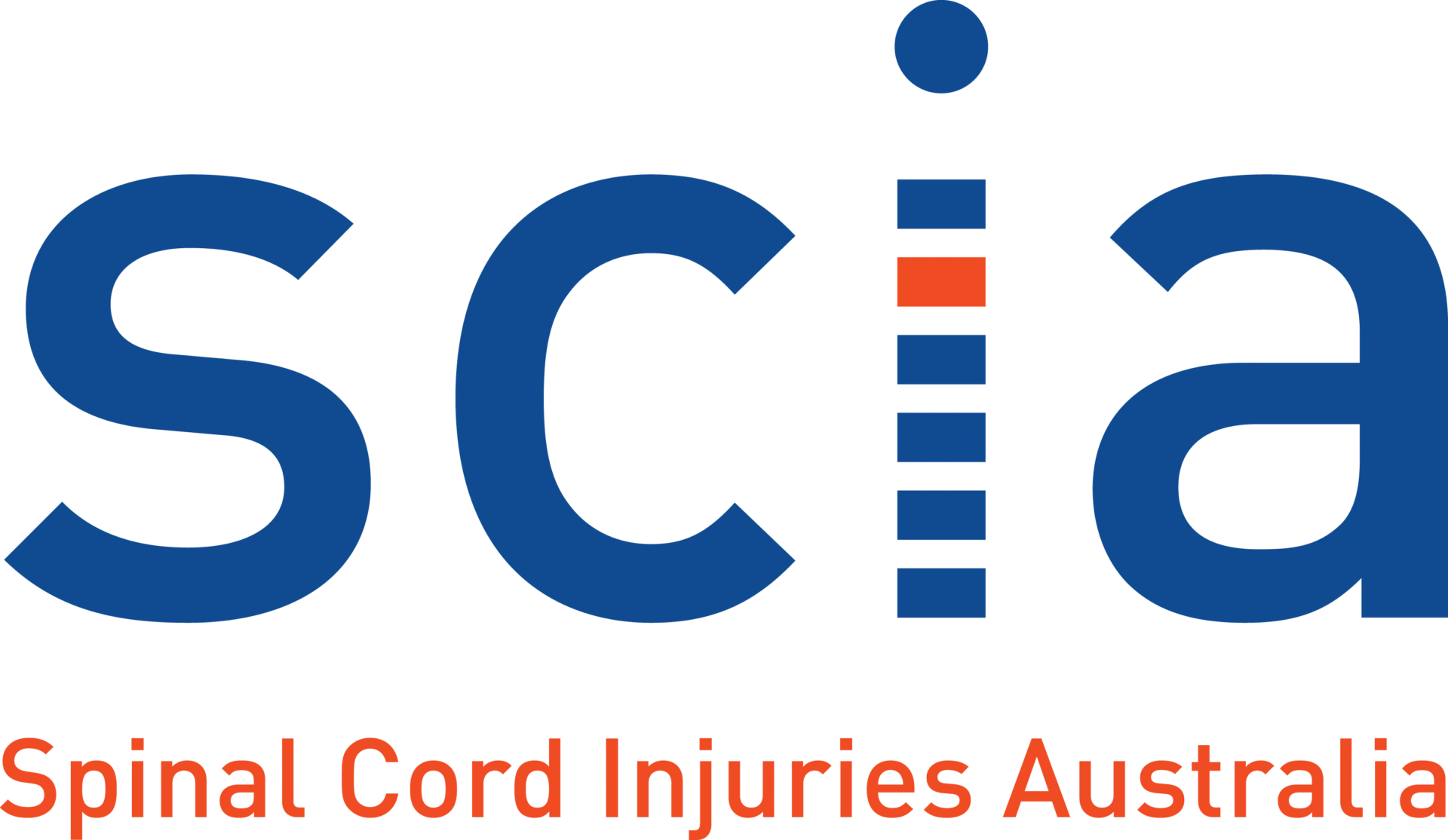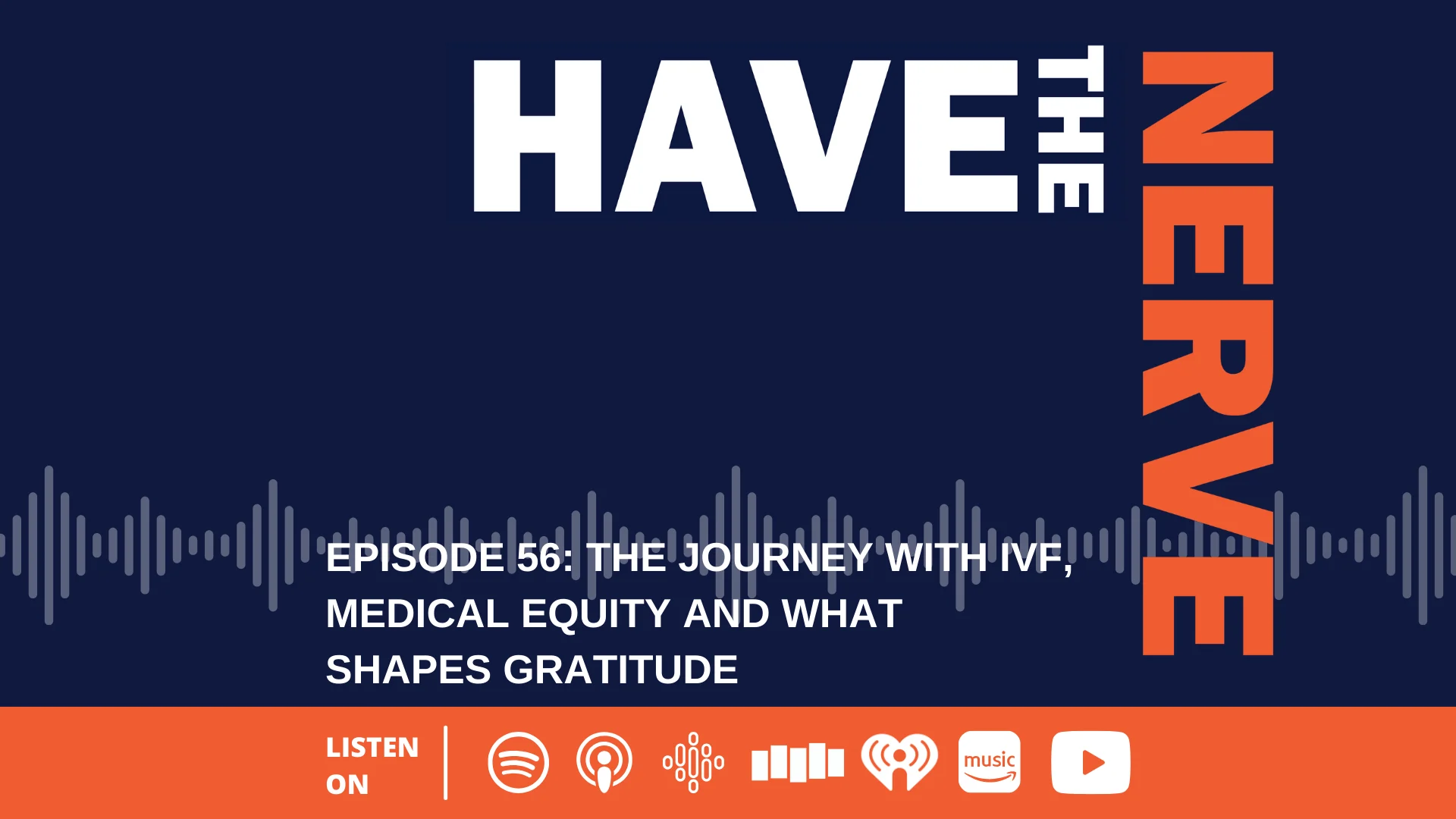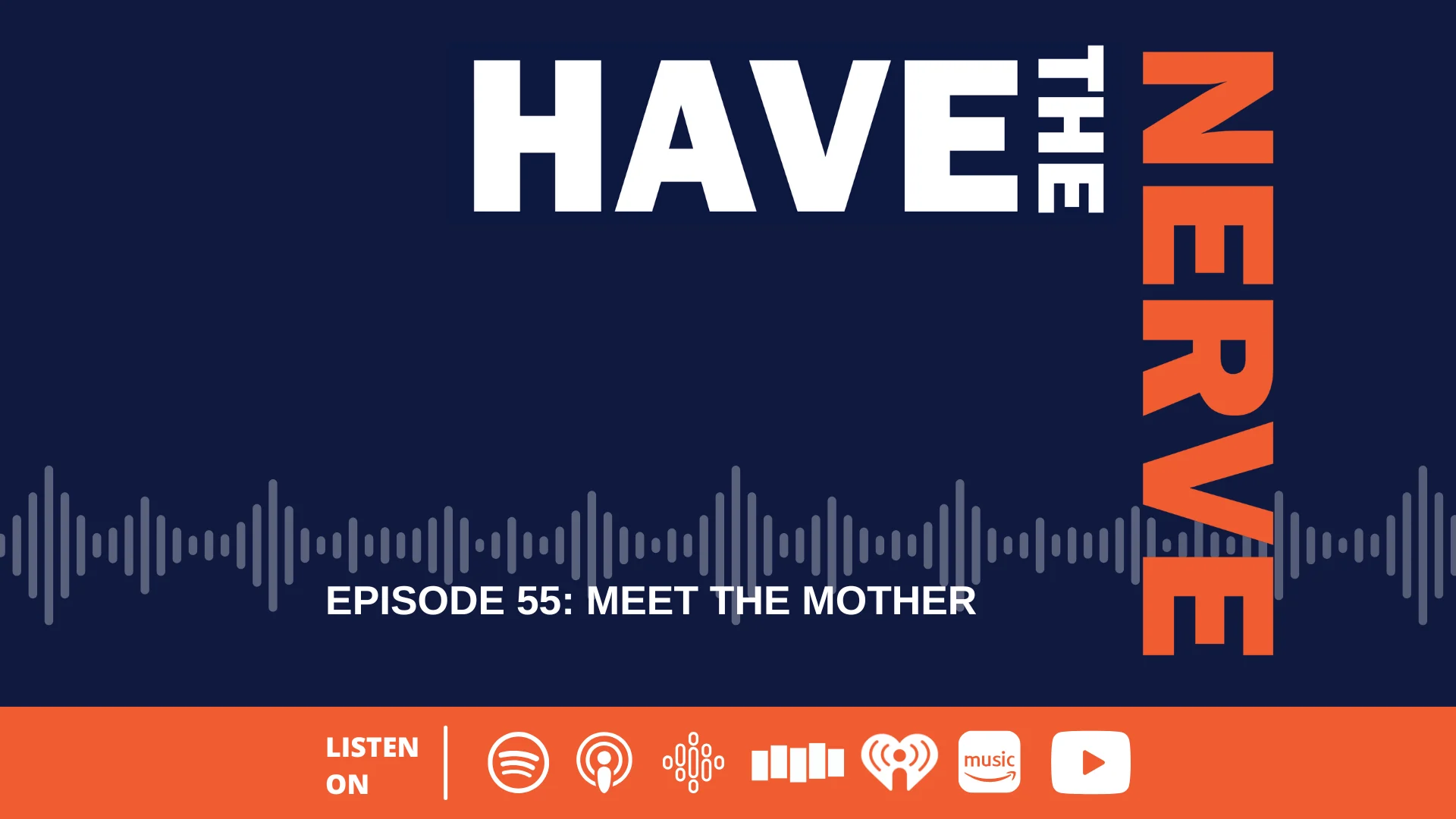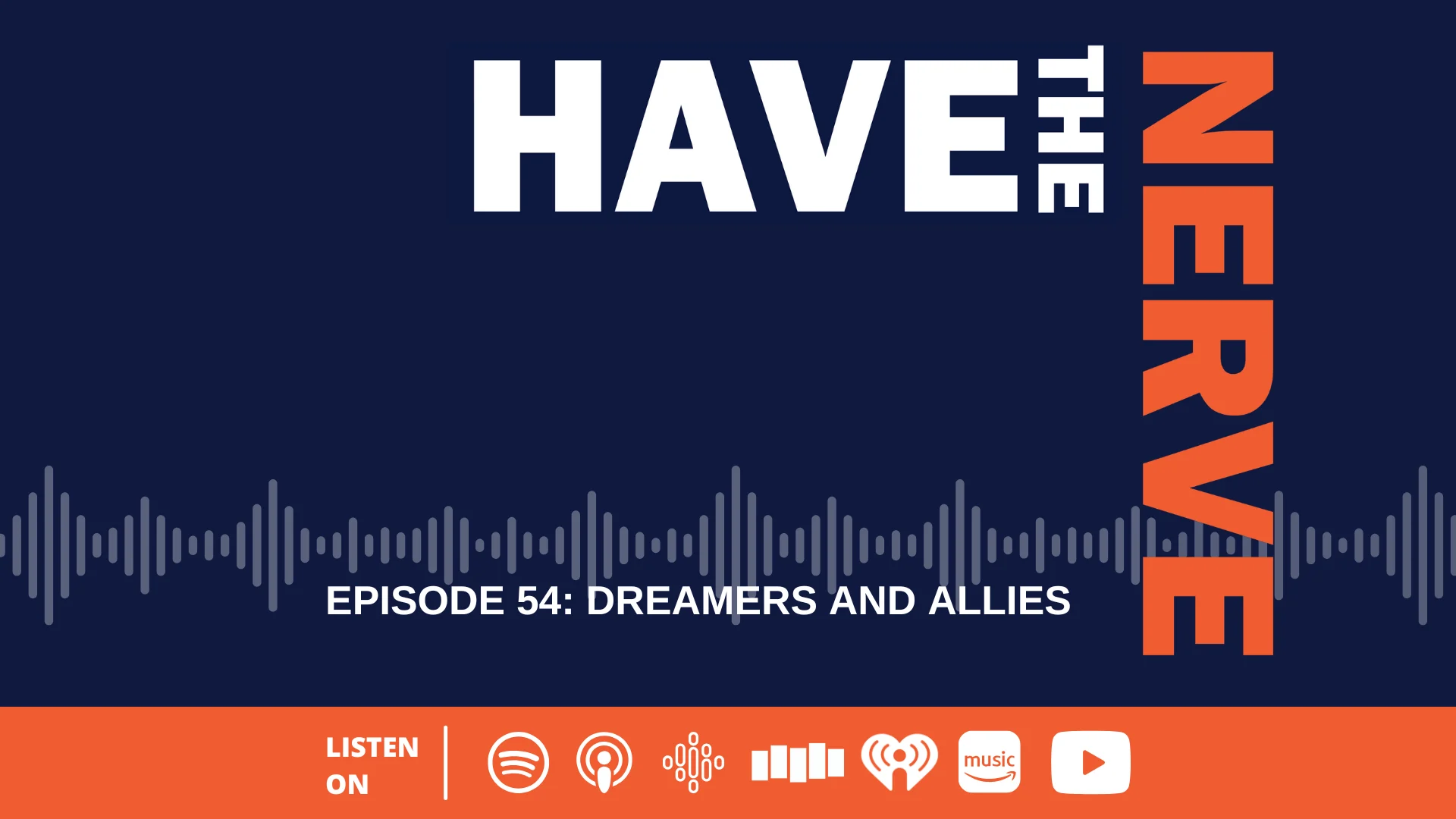A personalized and healthy nutrition strategy will help people with spinal cord injuries stay within a healthy weight range. Meanwhile, it promotes our emotional wellness.

In general, we may experience weight changes after a spinal cord injury. Initially, we will lose some weight, about 4-9 kg for both men and women. After 3-4 weeks of losing weight, we may start to gain weight. However, weight gain undoubtedly can cause being overweight or obese, which brings us more health problems. And it’s not very easy to maintain a healthy weight after a spinal cord injury. Of course, it’s achievable, which helps you promote your overall physical and mental health.
For this purpose, the NSW Agency for Clinical Innovation State Spinal Cord Injury Network released a guide that helps us maintain within a healthy weight range. It presents multiple strategies for a healthy diet and recommends many nutritious foods that are very useful to meet your health needs.
For example, it recommends that each day your diet should include two servings of fruits and 5–7 servings of vegetables. Your diet should include 3–6 servings of grain (cereal) foods, and you need to drink enough water every day. Grain foods are also important. Based on your age and other health needs, your diet should include 3–6 servings of grain (cereal) foods.
You can access the nutrition guide to customize your own nutrition plan. Whereas, if you don’t want to spend lots of time making a healthy nutrition plan, we would like to include a dietician as part of your plan of National Disability Insurance Scheme (NDIS). We can assist you in achieving the goals in this area through advice and support under support category 7 (Coordination of supports).











